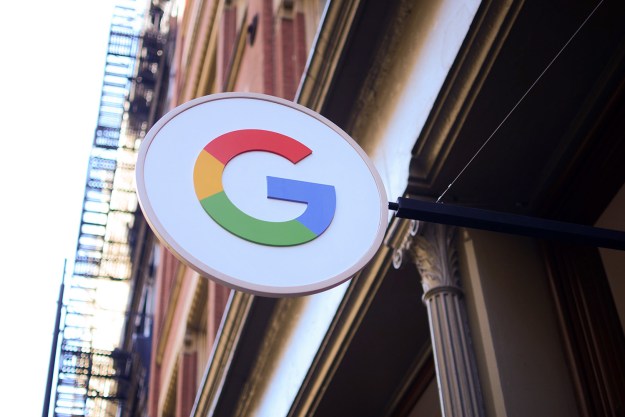
Fiat-Chrysler Automobiles (FCA) will overhaul its connected-car and infotainment technologies with help from Samsung’s Harman division and Google. The company — whose portfolio of brands includes Fiat, Chrysler, Jeep, Dodge, Ram, Maserati, Alfa Romeo, and Lancia — will begin rolling out its new software and features during the second half of 2019.
Harman and Google are helping FCA create what it called a comprehensive ecosystem of connected services designed to keep users connected on the go, allowing them to easily share their car with others, save money on insurance, and find the nearest electric car charging station, among other features. Harman’s cloud-based Ignite platform will power all of these services. A 4G connection will power them, but every part of FCA’s ecosystem is developed with 5G compatibility in mind. The firm stressed it put a big focus on future-proofing its technology to ensure it doesn’t have to start from scratch in a few short years.
Vehicle-to-anything technology will be part of the ecosystem. Several of FCA’s rivals — including Ford — are already planning to add this forward-thinking feature to their vehicles during the early 2020s. And, the car will be able to interact with internet-connected household devices thanks to Samsung’s SmartThings platform. For example, motorists may be able to tap their car’s touchscreen a few times to turn on the heater in their living room when they leave work. Or, better yet, they might be able to simply say “turn on the heater in my living room.”
While Harman’s technology will support everything that leaves the car, the software that motorists will interact with while sitting in the driver’s seat is being developed with Google. It’s the next generation of the Uconnect infotainment system currently found in millions of new and late-model cars. Digital Trends praised the software (pictured above) in the past; we like that it’s intuitive to use, that its graphics are sharp, and that it responds quickly to input. Bringing Android into the equation should make it even better.
Uconnect will use Android as its operating system, but it won’t receive Google Maps and Google Assistant like the infotainment system that the tech giant helped Volvo and Polestar develop for their upcoming cars. The software will be compatible with over-the-air software updates, and it will make it easy for owners to remotely access information stored in their car’s brain, like maintenance information. Finally, electric car owners will benefit from specific services that let them keep an eye on their battery’s performance, and find the route to their destination that saps the least amount of range. As of 2019, the only electric FCA product sold in the United States is the Fiat 500e. The group is planning to release more EVs during the early 2020s, including the next-generation 500.
FCA hasn’t announced which vehicle(s) will inaugurate the new infotainment system, but it’s scheduled to begin appearing in showrooms before the end of 2019. We expect to learn more in the coming months. The software will equip every new car the automaker sells globally by 2022.
Editors' Recommendations
- The Google Pixel 6 Pro doesn’t deserve its bad reputation
- A new Google Pixel 5a leak just showed off its beefy battery
- Is the Pixel 5a canceled? Google says it’s coming ‘later this year’
- With the Pixel 5 and 4a 5G, Google finally priced its phones to succeed
- Google enforces its 30% tax for app makers who want to sell on the Play Store



